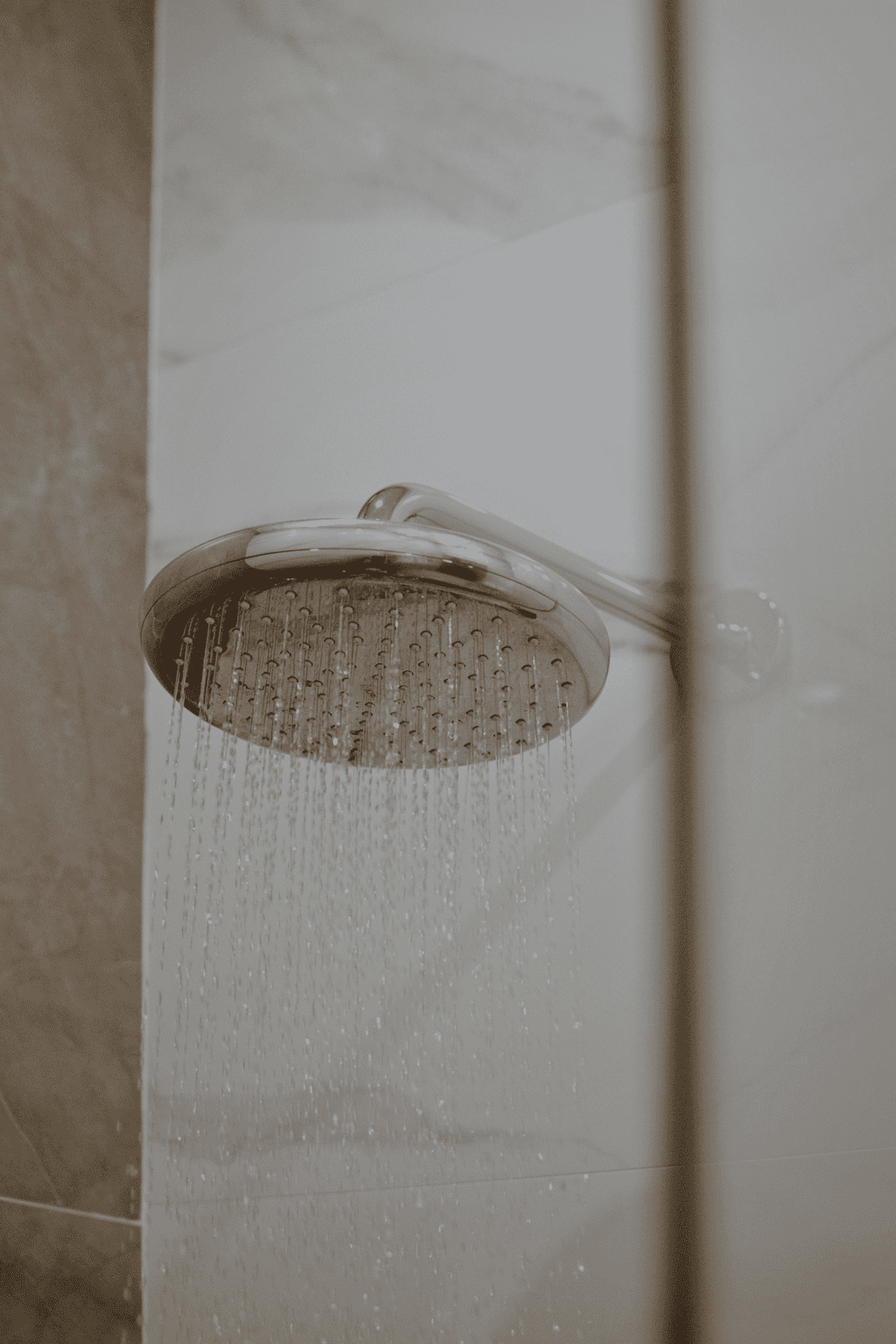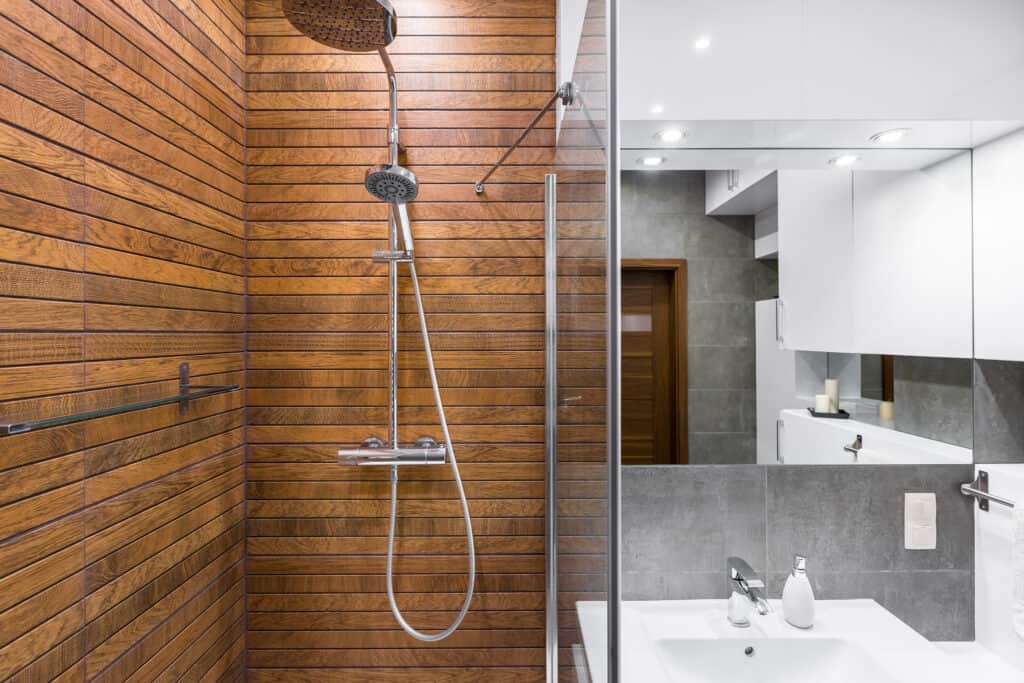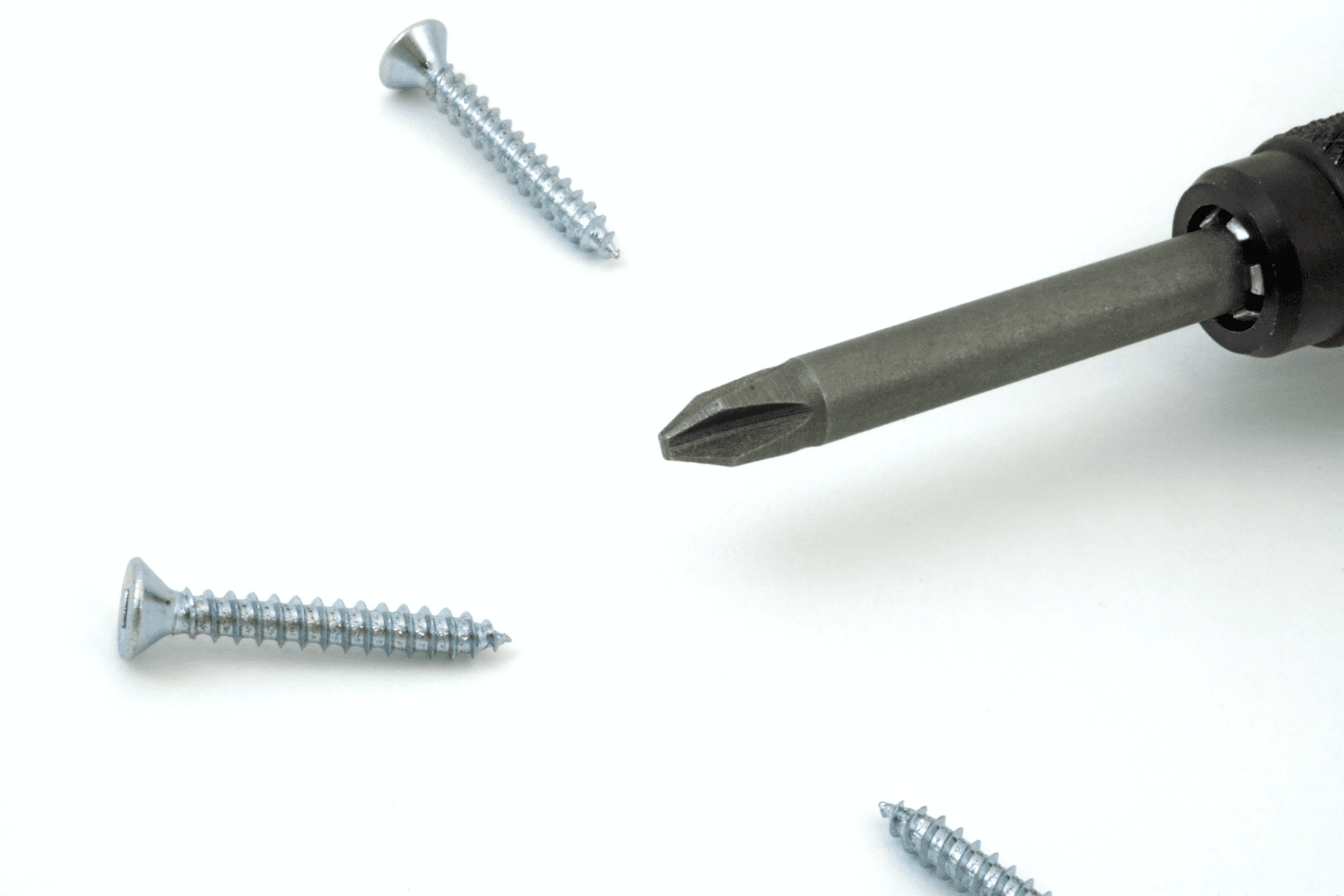Most homes have a shower diverter, but many don’t know much about it. The shower valve is an essential part of your bathroom; it can become loose, get leaks, or you’re maybe remodeling.
A faulty diverter could jeopardize your safety, which is why you need to know how to install it and which screws to use to tighten it to wood.

Keep reading to learn more about these diverters and determine which screws you need to fasten a shower valve to wood.
What Is the Shower Diverter Valve, and Which Screws Do You Need To Fasten It To Wood?
The shower diverter valve is an essential piece in bathroom plumbing and allows you to divert the water in your shower back and forth between the showerhead and the tub faucet.

There are three different types of diverter shower valves:
Three-Valve Diverter – Commonly, people use these diverters when they have separate knobs for cold and hot water. These diverters allow you to divert the flow in multiple ways. You can send the water through the shower arm pipe into the shower head. You could also simultaneously send it to two different places.
Two-Valve Diverter – These diverters go into homes with a single-handle faucet.
Tee Diverter – This is the most common type of diverter you can find, and it’s built into the tub spout. If your bathroom has a handle that you can pull straight from the tub faucet, it’s likely the tee valve.
When installing this diverter and attaching it to wood, you need to find a suitable screw option to ensure everything will sit in place once you drill them in. You can measure and mark lines at the spot where the studs will go.

While there’s no precise answer to which screw you need, these are some of the best options:
Stainless Steel
Brass
Drywall
Typically, in homes with a dry environment, any type of screw will work as most of them can survive without corrosion. However, homes with a higher temperature and humidity might need stainless steel screws that won’t corrode.
Also, if you’re unsure about the type of screw you need to mount the valve to the wall, you can check the manufacturer’s instructions. They commonly provide all the details you need to accommodate for the installation to go smoothly, including the type of fastener you need.
The shower diverter will be the center of attention in your bathroom, so creating a beautiful, peaceful, yet safe environment is essential. Once done, the finished wall will look stunning and be functional for daily use.
How Do You Install a Shower Diverter?
Although installing a shower diverter may seem complicated, the whole process is straightforward. You can install a shower diverter by following the steps below:
Remove your current shower head or handle. It might be good to turn off your water supply until you finish the installation. Once you remove them, you’ll have the showerhead and shower arm.
The next part of the operation is to place your new diverter into the pipe. Ensure the diverter fits, and there’s no free space as you could experience leaks.
Install the head of the shower into the diverter valve.
Install the handheld shower head
If your water is still shut off, turn it on and test the diverter.
What Screws For Shower Base?
If you need to install the shower base, you’ll need to connect it to the floor or wall studs, holding it in place. The fastener type you need will depend on the space you’re screwing into, although the options below work for most shower bases:
Stainless Steel
Sheet Metal
Wood
Plastic
What Screws To Use With Brass Fittings?
Many people believe that you need to use brass fasteners when installing brass fittings. However, that’s not always the case. In the installation stage of brass fittings, depending on your bathroom settings, you can use fasteners made of:
Brass
Stainless Steel
Zinc-plated
